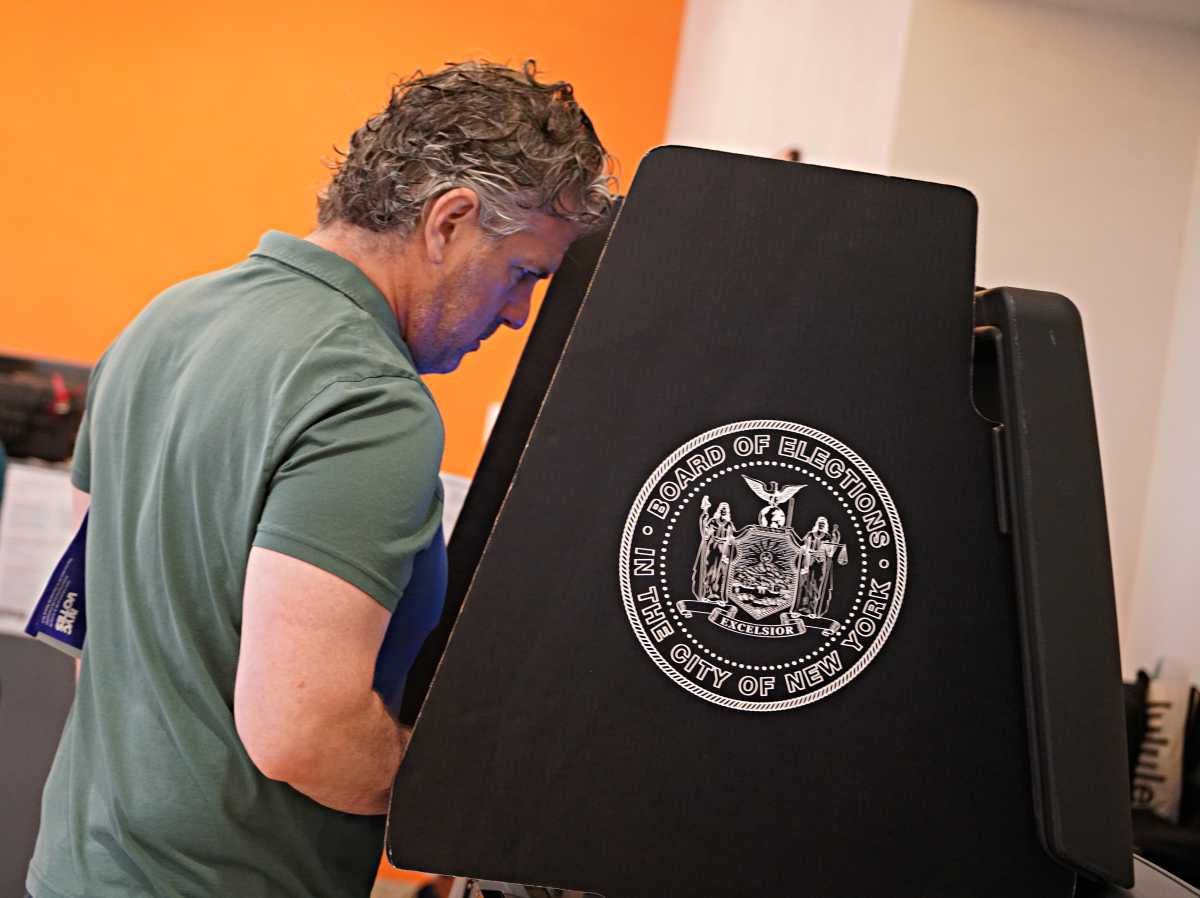BY DUNCAN OSBORNE | The attorney representing John Katehis, the accused killer of gay journalist George Weber, may offer an extreme emotional disturbance defense at the 18-year-old’s second trial.
“I’m considering proposing an extreme emotional disturbance defense in this case,” Jay Cohen told Judge Neil J. Firetog at a December 3 hearing.
Katehis, 18, is charged with one count of second-degree murder in the 2009 killing and could face as much as 25-years-to-life if convicted.
Attorney for George Weber’s alleged killer may argue gay sex led to panic
If a jury decides that he killed the 47-year-old Weber but acted under the influence of an extreme emotional disturbance, he would be guilty of manslaughter and could receive up to 25 years in prison. He would then serve six-sevenths of that time before being eligible for release.
Katehis’ first trial ended in a mistrial after one juror was not convinced that Katehis intended to kill Weber when he stabbed the journalist 50 times.
Those 50 wounds are what suggested the defense to Cohen.
“Any time somebody inflicts that number of wounds… it indicates to me that he lost it,” Cohen told reporters following the hearing.
An extreme emotional disturbance defense –– considered to be an affirmative defense –– would require Cohen to prove by a preponderance of the evidence, as opposed to the higher legal standard of beyond a reasonable doubt required of prosecutors, that Katehis acted under its influence. There must be an explanation for that state of mind that is reasonable.
Attorneys sometimes argue that a gay sex act was the cause, and that would be an obvious choice in this case.
The evidence at the first trial showed that Katehis, who was 16 at the time, placed an ad on Craigslist offering sex with men in exchange for money. He and Weber carried on a negotiation via email, with the two agreeing that Katehis would tie up and smother Weber.
Katehis said the older man gave him cocaine and alcohol when he arrived at Weber’s Carroll Gardens, Brooklyn apartment, though he did not test positive for either substance nor did police find cocaine in Weber’s home. The defendant said he bound Weber’s feet with tape and panicked when Weber showed him a small knife. Katehis admitted to accidentally stabbing Weber once during a struggle over the knife.
While the prosecution never said so explicitly, it is possible that a jury could conclude that Katehis planned on killing Weber from the start. Anna-Sigga Nicolazzi, the prosecutor in the case, introduced evidence that suggested that Weber’s hands were bound. Nicolazzi called Katehis a “cold-blooded killer” during her summation in October.
Jeffery T. Schwartz, Katehis’ attorney at his first trial, argued that his client was the victim of a sexual predator and he was defending himself from a sexual assault when he killed Weber. Clearly, 11 jurors rejected that defense.
Cohen said he has made only a “cursory review of the case” and could not say what may have caused the extreme emotional disturbance.
Katehis will have to be interviewed by an expert, a psychiatrist or a psychologist, to determine if the evidence sustains that defense.
The prosecution will be allowed to have its own expert interview Katehis should he proceed with an extreme emotional disturbance defense.

































